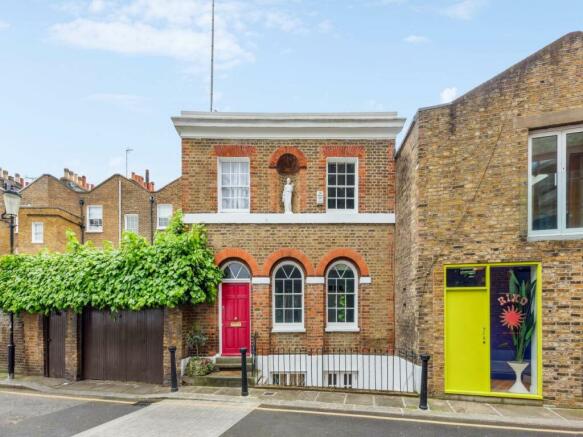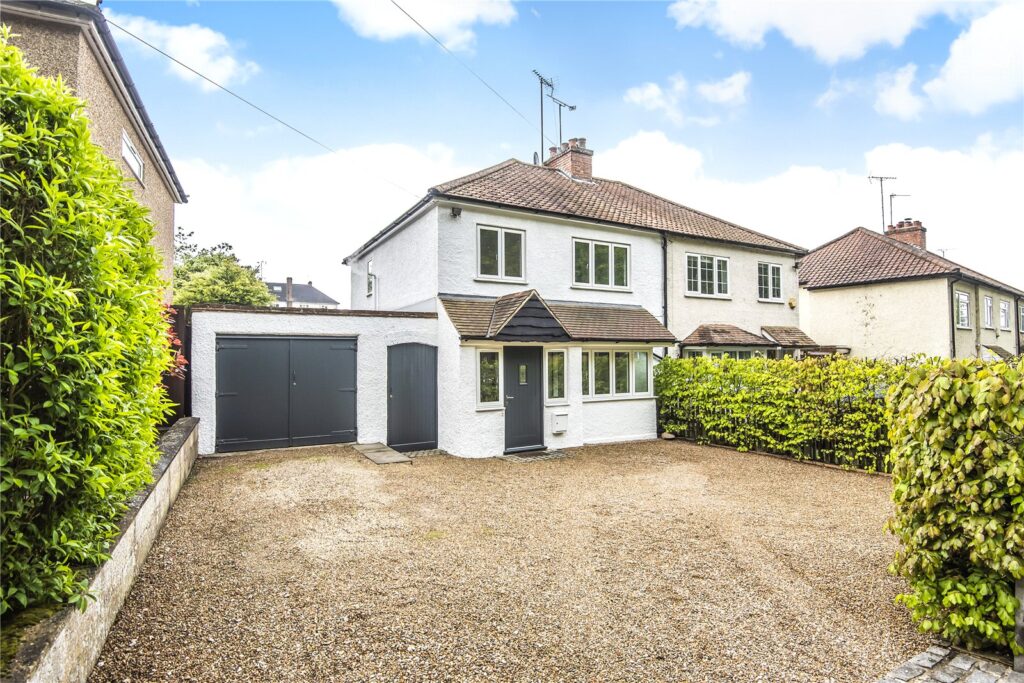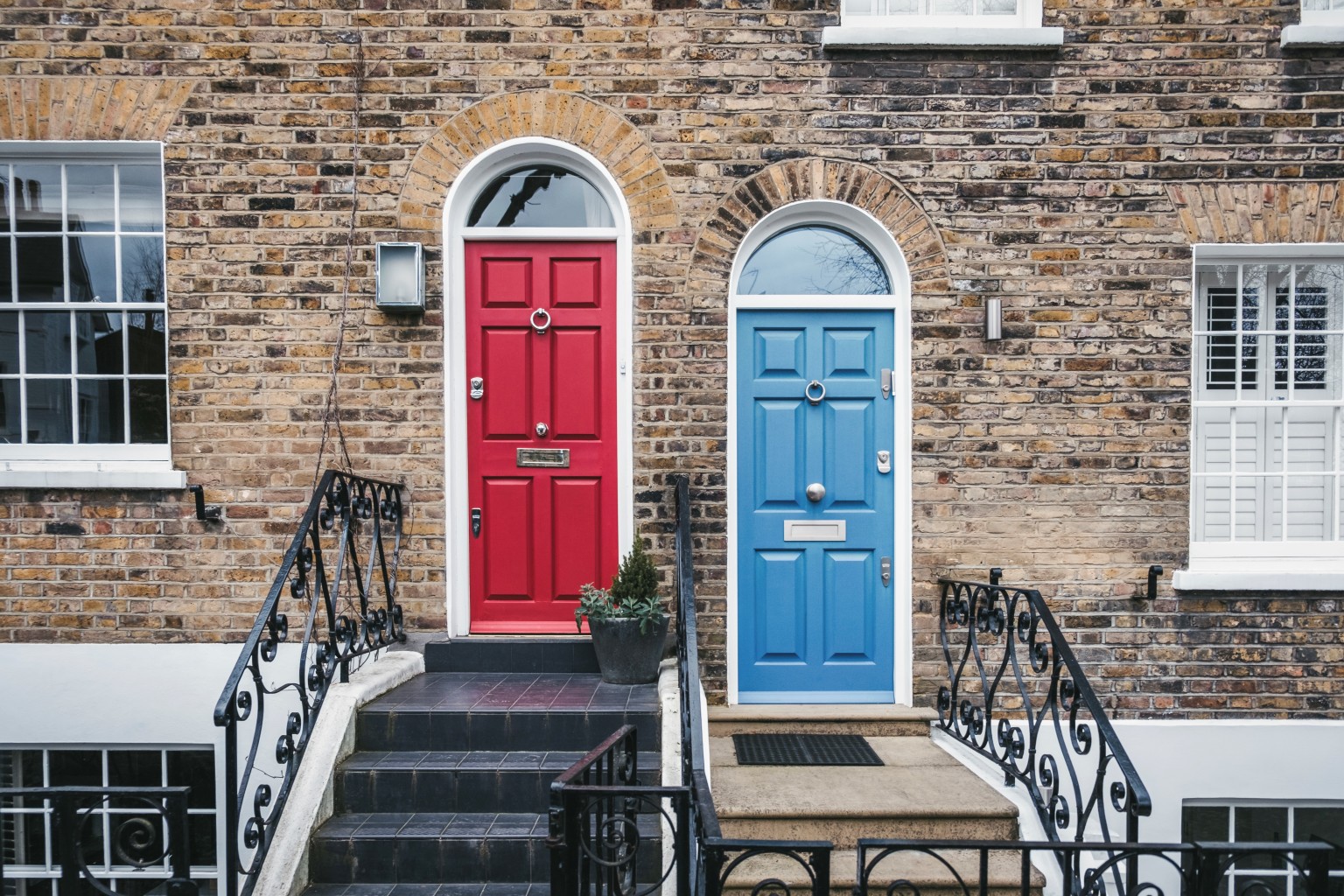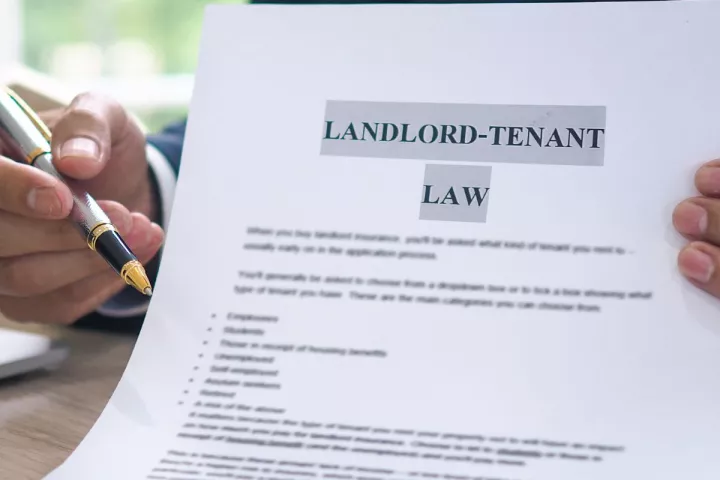In London, whether buying or renting is cheaper depends on various factors. Traditionally, renting has been more affordable in the short term due to lower initial costs.
However, in the long term, buying can be more cost-effective, considering mortgage payments over time. London Living Rent is a scheme aimed at helping middle-income earners access affordable housing.
Under this scheme, rent is set at one-third of local median household income, making it more affordable than market rates. Tenants can save towards a deposit to eventually buy the property. So, this scheme bridges the gap between renting and buying, offering a middle ground for those seeking affordable housing in London.
What Are The Benefits of Buying a Property?

Investment Potential
By investing in a property, your monthly mortgage payments are not merely expenses but contributions towards owning a valuable asset. Homeownership differs from renting in that payments contribute towards building equity, rather than solely serving a landlord’s profit.
This equity accumulation over time can eventually culminate in full ownership of the property.
Potential for Profit
Historically, property values tend to appreciate over the long term, offering the potential for substantial financial gain when you decide to sell. This appreciation in value can result from various factors such as economic growth, inflation, and increasing demand for housing.
Freedom for Customization
One of the significant advantages of homeownership is the freedom to personalize and improve the property according to your preferences and lifestyle. Investing in home improvements enhances your living space, whether it’s renovating the kitchen, adding an extension, or landscaping the garden.
Additionally, these upgrades have the potential to increase the property’s overall value upon resale.
Flexibility and Stability
Owning a home provides a sense of stability and security, as you have the autonomy to decide when to move. Homeownership offers the stability of tenure, allowing you to establish roots in a community.
So, it also enables you to create a sense of belonging that renting, with its expiring leases and uncertain renewals, may not provide.
What Are The Drawbacks of Buying a Property?

High Initial Costs
The upfront costs of purchasing a property can be substantial, including the down payment, solicitor’s fees, surveyor’s fees, and potentially stamp duty. These costs can create a barrier to entry for some prospective buyers, especially those with limited savings or resources.
Interest Rate Fluctuations
Securing a mortgage spreads homeownership costs, but rising interest rates can mean higher monthly repayments, impacting financial stability. Even with fixed-rate mortgages, there is the risk of facing higher rates when the fixed period ends, potentially impacting your financial stability.
Market Volatility
While property is generally considered a solid long-term investment, short-term fluctuations in the housing market can lead to uncertainty.
Further, economic downturns, changes in government policies, and shifts in consumer preferences can all impact property values. These influences may lead to depreciation and financial losses for homeowners.
Maintenance Responsibility
Homeownership entails bearing the costs of maintenance and repairs, ranging from minor upkeep tasks to major renovations. From repairing a leaky roof to replacing a malfunctioning boiler, these expenses can add up over time and impact your overall budget.
Limited Flexibility in Moving
Selling a property and moving can be a time-consuming and complex process, especially in a sluggish housing market. Location, property condition, and market conditions affect selling speed, potentially causing relocation delays due to their influence.
What Are The Benefits of Renting?

Lower Up-front Costs
Renting typically requires a smaller initial financial commitment compared to buying a house. Purchasing a property necessitates a substantial deposit, solicitor’s fees, survey fees, and stamp duty. In contrast, renting typically involves a deposit capped at five weeks’ rent, making it more accessible for individuals with limited savings.
Potentially Lower Monthly Expenses
In some cases, renting may result in lower monthly expenses compared to mortgage repayments, particularly in high-cost areas like London. This affordability can enable renters to access better-quality homes or live in more desirable locations than they could afford if they were buying.
Maintenance Responsibility
Renters are not responsible for maintenance and repair costs, as these responsibilities fall on the landlord. Tenants can rely on their landlords to promptly resolve issues like repairing a broken boiler or addressing a leaky roof. This assistance alleviates financial and logistical burdens for tenants.
Flexibility
Tenancy agreements often offer flexibility, with lease terms as short as six months. This flexibility allows renters to adapt to changing circumstances more easily. They can respond to job relocations or lifestyle changes without being tied down to a long-term mortgage commitment.
What Are the Drawbacks of Renting?
The drawbacks of renting can include
Lack of Investment
It means that the money spent on rent does not contribute towards building equity or ownership of a property. Renters do not accumulate assets over time, and they may not have a property to call their own, even in retirement.
Restrictions on Freedom
Renters must adhere to the terms and conditions outlined in their tenancy agreements, which may include restrictions on redecorating or owning pets. These limitations can limit renters’ ability to personalize their living space according to their preferences.
Uncertainty of Tenure
They risk displacement if landlords opt against renewal or sell property when tenancy agreements lapse. This uncertainty can disrupt renters’ lives and necessitate the search for alternative accommodation.
Cost Comparison Buying vs. Renting in London
Traditionally, renting has been more cost-effective in the short term due to lower initial expenses. However, let’s delve into the specifics:
- Average monthly rent in London: £1,898 (August 2022)
- Average London house price: £544,113 (September 2022)
- Average monthly mortgage payment: Initially around £750, projected to rise to £1,000 in 2023 due to increasing interest rates.
Despite the rising costs of renting in London, purchasing a house offers long-term financial benefits. Homeownership, with mortgage terms typically spanning 20 to 25 years, can ultimately prove to be more economical than renting. This holds true even in the face of escalating mortgage payments.
How to Decide Whether to Buy or Rent Your Home?
Deciding between buying or renting a home in London can be daunting. Here are some key questions to help guide your choice:
Deposit Funds
Evaluate if your savings are adequate for a deposit, as first-time buyer lenders typically demand 10% of the property’s price. If you lack sufficient funds, renting may be the more feasible option.
Covering Buying Expenses
Factor in additional expenses such as survey costs, solicitor’s fees, mortgage arrangement fees, stamp duty, removal costs, building insurance, and initial furnishing expenses. These costs can significantly impact your overall affordability.
Mortgage Affordability
Determine whether your income can comfortably cover mortgage repayments along with other financial obligations. Mortgage lenders scrutinize your financial situation to assess affordability, considering both income and outgoings.
Next Home Duration
Consider your plans and whether you anticipate staying in the same location for the long term. Renting is better for changing circumstances or short stays, while ownership suits long-term commitment and stability. Conversely, buying becomes more cost-effective with long-term occupancy.
Government Assistance Programs
Discover government programs like Mortgage Guarantee, Shared Ownership, or First Homes, providing aid or incentives for first-time buyers. These programs can help mitigate upfront costs and improve affordability.
Ultimately, the decision to buy or rent depends on your financial situation, lifestyle preferences, and long-term goals. Consider seeking advice from financial advisors or real estate professionals to evaluate your options thoroughly.
FAQ’s
Is owning a house better than renting in the UK?
The decision between owning a house and renting in the UK depends on various factors. While buying property offers long-term benefits such as capital appreciation, renting may be more cost-effective in the short term, considering the substantial costs associated with purchasing and maintaining a property.
Is it still worth buying property in London?
Yes, investing in London property can still be worthwhile due to the potential for substantial returns. The city’s strong rental market, fueled by a steady influx of professionals and students, provides investors with consistent rental income and long-term capital growth opportunities.
Do most people rent or own homes in London?
No, London has a higher proportion of renters compared to any other region in the UK. Additionally, less than half of Londoners own their homes, making it the region with the lowest homeownership rate in the country.
Final Words
Whether to buy or rent in London depends on individual circumstances. While renting may seem cheaper initially, buying can be more economical in the long term. London Living Rent provides a viable option for middle-income earners, offering affordable housing with the potential to save for homeownership.
Ultimately, the decision between buying and renting should consider factors like financial stability, lifestyle preferences, and long-term goals. By weighing these factors carefully, individuals can make informed choices that suit their needs. This contributes to their financial well-being in the dynamic London housing market.



